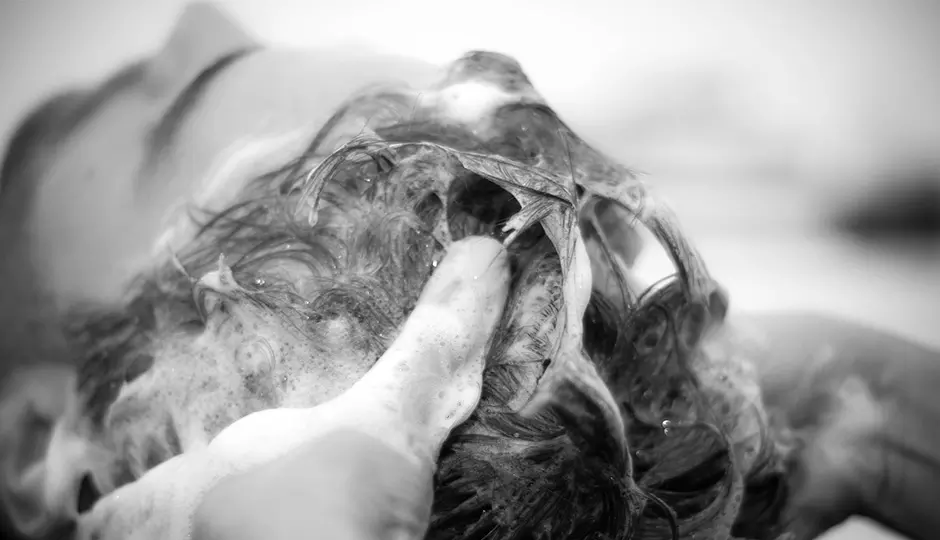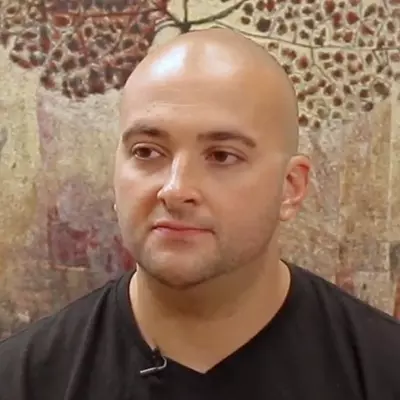The basic concept of washing your hair, lather, rinse, repeat, sounds simple enough. However, it becomes complicated when you have to decide which shampoo will ensure that your scalp and hair remain healthy.
History of Shampoo
In one way or another, people have been washing their hair for thousands of years. But shampooing, in the modern sense, with water to produce a soapy lather, is a relatively new concept. In the early 1800s, it became common for English hair stylists and homemakers to boil soap shavings, add fragrant herbs, and use the recipe to wash hair.
The German chemist Hans Schwarzkopf invented the first shampoo that wasn't a homemade concoction. Schwarzkopf created a scented powder soap in 1903 that became available in German drugstores and introduced and distributed the first liquid shampoo throughout Europe in 1928. By the 1970s and 80s, the era of "big hair," thanks to modern chemistry, a multi-million-dollar industry emerged.
Why You Need to Wash Your Hair
While it's true that your hair and scalp need to be washed, few people need to wash their hair every day, and over washing can be harmful. How often you need to wash your hair depends on many factors, including your physiology, activity level, and the amount and type of hair products you use.
Your scalp secretes an oily substance known as sebum that helps to protect your hair. Unfortunately, sebum also attracts dead skin cells and dirt, which can interfere with the hair follicle's ability to produce strong, healthy hair if allowed to build up.
Harmful Shampoo Additives
In its simplest form, shampoo is simply a mild detergent designed to remove excess dirt and oil from your scalp. Shampoo manufacturers also add a variety of chemicals and additives to their products to both treat certain hair conditions and for aesthetic reasons.
Some of these additives, such as silicone, thickeners, and pearlizing agents, coat the hair shaft to leave it smooth or reduce frizziness. Unfortunately, while these ingredients may enhance the look of your hair, they can also be difficult to rinse out and disrupt the hair growth cycle by clogging the hair follicles.
Many shampoos also contain sulfates, which are chemicals used as cleansing agents. Sulfates are found in a wide variety of household cleaning products and are primarily used to create a lather to help remove oil and dirt from your hair. Unfortunately, while sulfates help remove dirt, the chemicals may leave the scalp dry and irritated. Sulfates may also strip away too much oil from your scalp, causing your hair to dry out and break, giving the appearance of thinning hair.
Other additives may seem harmless but can also contribute to hair loss conditions. For example, some additives such as caffeine cause blood vessels to constrict and limit blood flow to the hair follicles. The interference with the delivery of blood limits the amount of oxygen and nutrients to the hair follicles and inhibits healthy hair growth.
Choose the Right Shampoo for Your Hair
While the process of washing your hair may be simple, finding the right shampoo for your hair can be challenging. A walk down the shampoo aisle of any store can leave you overwhelmed with the number of options. And while the packaging may be appealing and the fragrance alluring, that doesn't mean the product is good for your hair.
One of the best ways to ensure that you are using hair products that won't lead to hair loss is to consult with the professionals at Mane Image. Whether your hair is straight, curly, oily, or dry, using the right shampoo will help maintain the health of your scalp and promote healthy hair growth.
If you are concerned about your shampoo and wonder if it can lead to thinning hair or hair loss, our team of experts can answer your questions. Contact us today to schedule your FREE initial consultation and take steps to ensure you keep your full head of hair.











